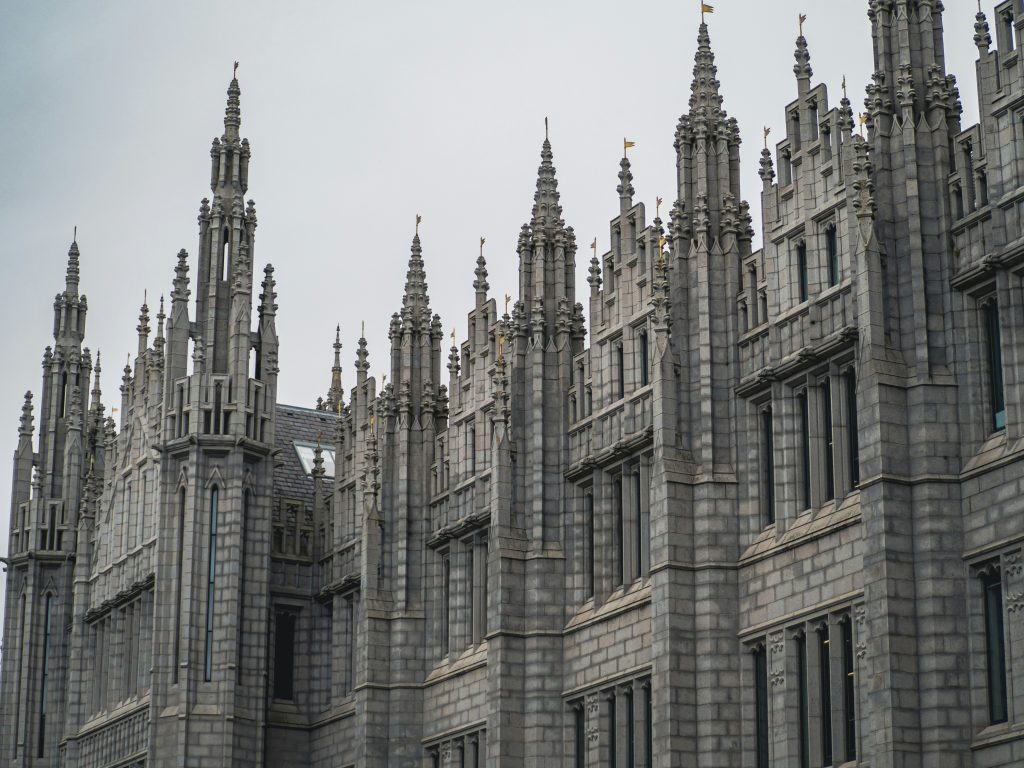As the world gears up for the Paris Olympics, scheduled to kick off on the 26th, anticipation is high among athletes and fans alike. However, this year’s opening ceremony will not only celebrate athletic prowess but also bring to light some controversial regulations that have sparked discussions across the globe. One such regulation is a ban that has raised eyebrows, particularly affecting female athletes. Notably, Sounkamba Sylla, a talented runner from France, finds herself in a challenging position due to the ban on wearing headscarves during competitions, which has ignited conversations about inclusivity and cultural expression in sports.
The opening ceremony promises to be a spectacular event, showcasing the rich culture and heritage of France while celebrating the spirit of the Olympic Games. Athletes from various nations will gather, embodying the ideals of unity and competition. Among them, Canada’s flag bearers, Andre De Grasse and Maude Charron, will lead their team, symbolizing both excellence in athletics and the hope of inspiring future generations.
De Grasse, an accomplished sprinter known for his record-breaking performances, alongside Charron, a weightlifting champion, represents the pinnacle of athletic achievement. Their presence at the forefront of the Canadian delegation not only highlights their individual accomplishments but also serves as a reminder of the dedication and hard work that athletes invest in their respective sports.
The juxtaposition of celebrations and controversies at this year’s Olympics is significant. While the excitement of the games is palpable, the underlying issues that athletes face cannot be overlooked. As the opening ceremony approaches, discussions surrounding the regulations affecting athletes’ attire, especially those related to cultural and religious expression, continue to unfold.
In light of these developments, the global sporting community is called to reflect on its values and the principles that guide it. The Olympics, a symbol of global unity, must also ensure that all athletes feel supported and respected, regardless of their background or beliefs. As the countdown to the Paris Olympics begins, it is crucial for discussions about inclusivity and representation in sports to remain at the forefront of the conversation.
As we celebrate the achievements of athletes and the spirit of competition, let us also acknowledge the work that still needs to be done to create a truly inclusive environment for all participants. The Paris Olympics can set a precedent for future games, where every athlete, regardless of their cultural or religious practices, can compete freely and confidently.
In conclusion, the Paris Olympics will be a landmark event not just for its athletic competitions but for the dialogues it inspires. As we await the opening ceremony, let us consider the broader implications of the games and the messages they convey about diversity, acceptance, and the true essence of sportsmanship. The stage is set for an unforgettable celebration, but it is also an opportunity for growth and change within the Olympic movement.

